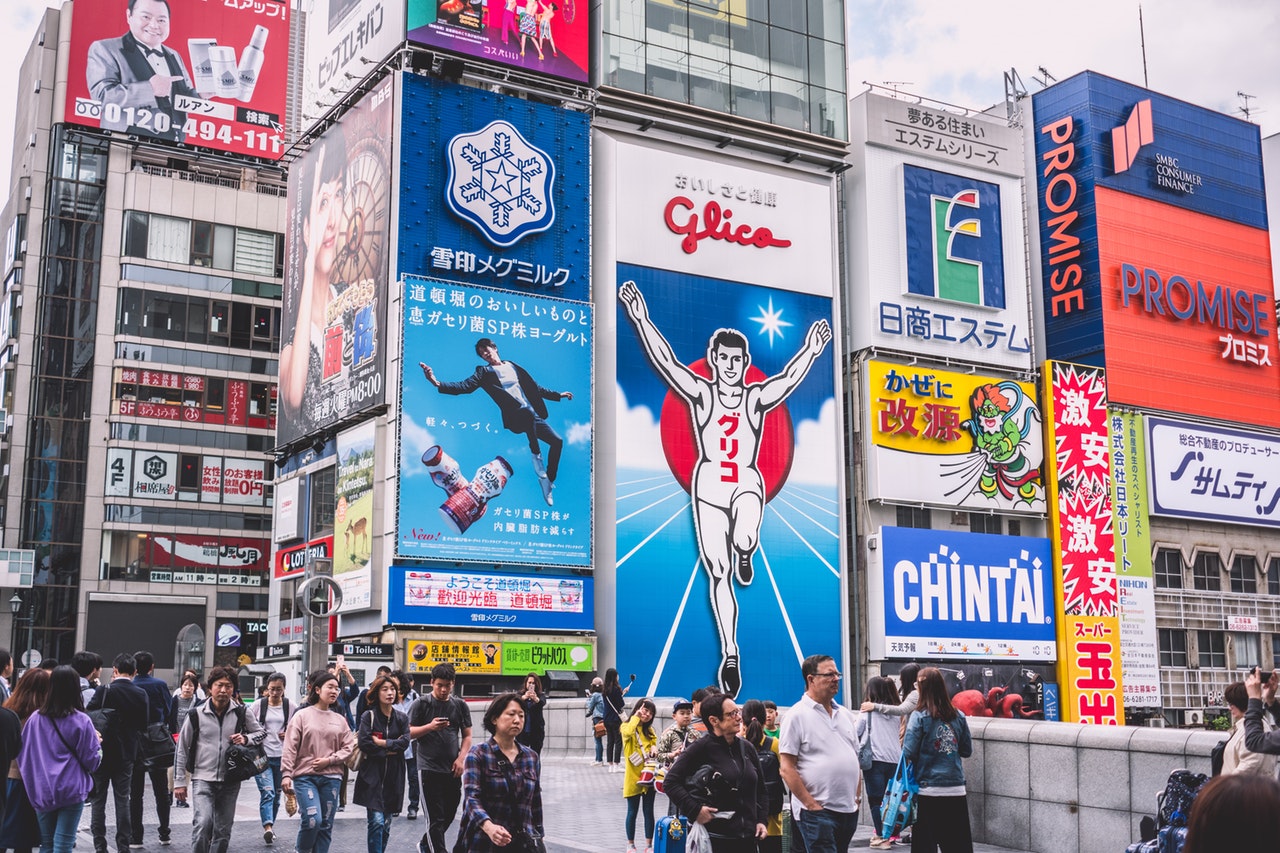When you are getting ready to launch an international product or an existing product in a new, international market, you will most likely be working to create a marketing campaign around this new endeavor.
Globalizing Your Brand
Whether you already have products selling internationally or this is your first trek across the pond, your brand needs to be globalized. You have already put time, effort, and a lot of marketing dollars into establishing your native language brand. Don’t try to reinvent yourself for each new market you’re looking to enter.
It is costly, unnecessary, and there is a big chance your brand and messaging will not be cohesive. Instead, globalize your current, tested and established brand by localizing it for each new market.

Localize Your Marketing
Localization is more than just translation. With localization, your content and design are translated and adjusted for each specific region. Localization takes into consideration local consumer’s cultural preferences and takes into consideration connotation, which you don’t get with a simple translation.
Localizing for Connotation
This may not seem like a big deal, but some of the world’s biggest brands have failed to do this, resulting in some embarrassing mixups.
- Clairol launched a curling iron in Germany with the name “mist stick” which, in German, is slang for manure.
- Colgate launched their toothpaste “cue” in France before realizing “cue” is also the name of an adult magazine.
- Coors crafted a new slogan, “turn it loose,” for their Spanish market, which is a Spanish colloquial term for having diarrhea.
Textual connotation isn’t the only thing that can cause issues. Gerber marketed their baby food in Africa with a baby pictured on the label. But some countries in Africa, like Ethiopia, have a lower literacy rate, and consumers in Ethiopia rely on images to tell them what is in the product.
Localizing for Regional Platforms
The other important aspect of globalizing your brand comes in the form of your advertisements. Doing online ads in the US might look like utilizing Google and Facebook ads. But will this be the same in every country?
Part of localizing your marketing means research into what platforms are used most often by your new target market. Consider China, the main internet search platform is Baidu, not Google, and social media network is WeChat, not Facebook.

Baidu Search Engine

WeChat Social Media
Fully Translated and Localized Websites
The last piece of your international marketing campaign to consider is your website. Many business owners fail to recognize their website as a marketing tool, but it might, in fact, be the biggest.
Many international customers prefer to buy from a website written in the local language and designed around local design customs. In fact, 55% of global customers only buy from websites in their native language.
Learn More
Translating or localizing a website takes more than simply translating word for word. It also involves international keyword research to find the words that web surfers in local markets actually use when the search the web. Read more here.
Access to information in a consumer’s native tongue is more important than the price of the product for half of international shoppers.
Finalizing Your International Strategy
There are a lot of different methods you can use to market your new product. Whether it is your website, online advertisements, or commercials. Each country has a different set of language and design standards, which each region taking on a different personality.
Having a localization team to work with your translations is key to having international marketing success. If you have questions about what your international marketing plan needs or is missing, give us a call.




It makes sense that international market research would be important. I can see why being able to know what other people around the world want would help you market things effectively. Having the right research seems necessary.
Thanks for the comment. I noticed on your blog, you guys wrote about Pepsi and Nike. https://www.incitefusion.com/single-post/2019/01/04/WANTED-Heroes-for-2019—A-Case-Study-on-Nike-vs-Pepsi When the Pepsi debacle went down, we also wrote about that. https://ivannovation.com/blog/pepsi-ad-starring-kendall-jenner-shows-us-easy-get-culture-wrong/ Funny coincidence. It’d be fun to collaborate on content someday if you’re interested. Our services are quite complementary. Best, Darren https://www.linkedin.com/in/darrentjansen/